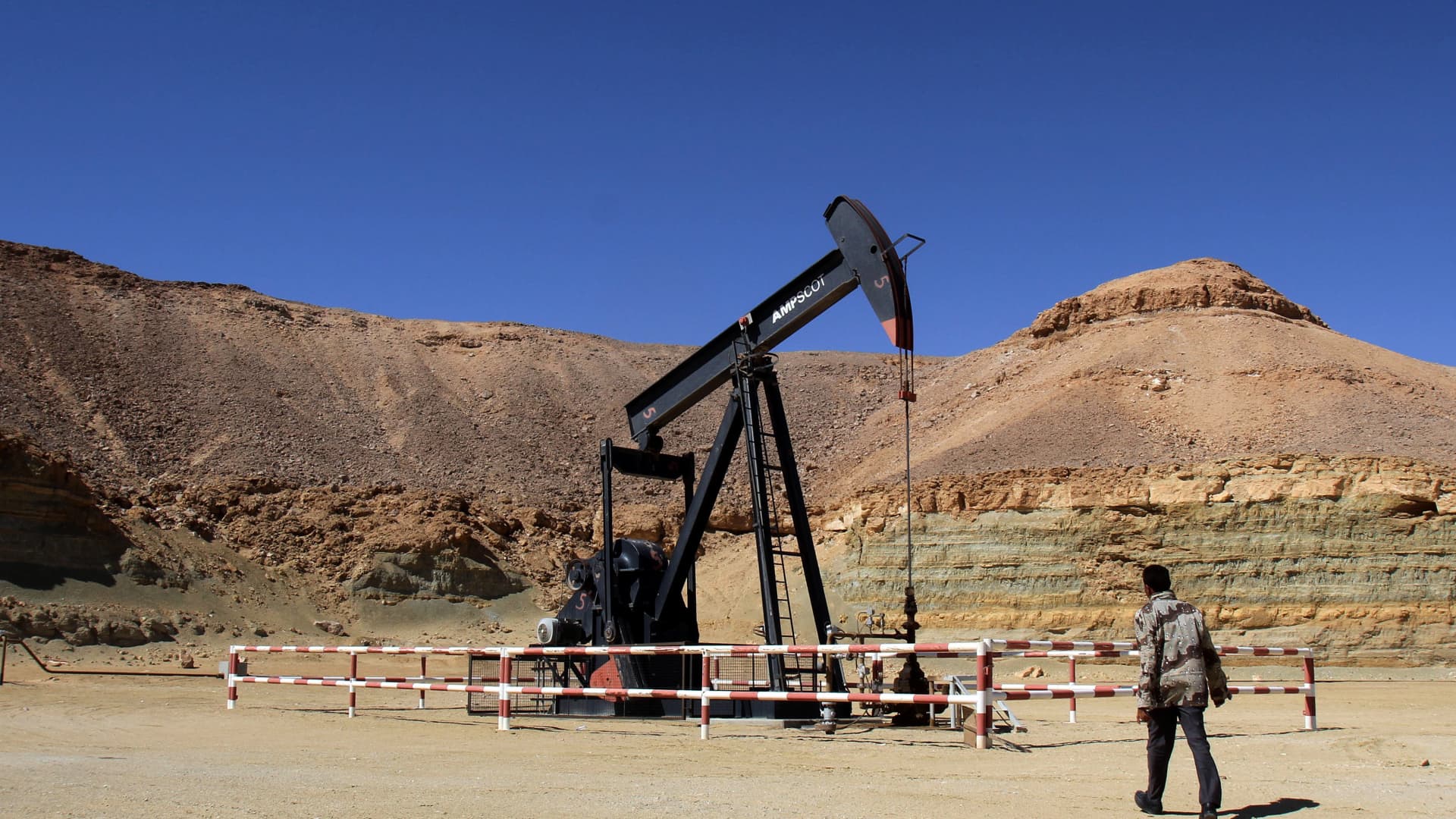

Finance
Oil Pollution Act Of 1990 Definition
Published: January 2, 2024
Learn about the definition and significance of the Oil Pollution Act of 1990 in the field of finance, ensuring accountability and responsibility for oil spills.
(Many of the links in this article redirect to a specific reviewed product. Your purchase of these products through affiliate links helps to generate commission for LiveWell, at no extra cost. Learn more)
Welcome to our Finance Blog: Exploring the Oil Pollution Act of 1990
Welcome to our finance blog, where we dive deeper into various topics related to the financial world. In this post, we will be focusing on the Oil Pollution Act of 1990, a crucial piece of legislation that shaped the way the United States responds to oil spills. If you’re curious about the implications of this act and its role in protecting our environment, you’ve come to the right place.
Key Takeaways:
- The Oil Pollution Act of 1990 was a response to the devastating Exxon Valdez oil spill in Alaska.
- It establishes liability and provides guidelines for oil spill prevention, response, and cleanup.
The Oil Pollution Act of 1990, signed into law by President George H.W. Bush, was a direct response to the catastrophic Exxon Valdez oil spill that occurred in Prince William Sound, Alaska in 1989. This incident raised serious concerns about the ability to respond effectively to such disasters and spurred the need for comprehensive legislation.
So, what exactly is the Oil Pollution Act of 1990?
The act establishes a framework for preventing, responding to, and cleaning up oil spills in navigable waters of the United States. It addresses a wide range of issues related to oil pollution, including liability for responsible parties, financial responsibility requirements, and compensation for damages caused by spills. This includes both spills from tankers and offshore facilities.
Here are some key points to understand about the Oil Pollution Act of 1990:
- Liability: The act holds responsible parties accountable for the costs and damages associated with an oil spill. This includes expenses for cleanup, environmental restoration, and economic losses suffered by individuals or businesses.
- Prevention: It mandates oil spill prevention plans for certain vessels and facilities, ensuring that adequate measures are in place to minimize the risk of spills.
- Response and Cleanup: The act requires parties to develop and implement response plans to quickly and effectively address oil spills. It also establishes the Oil Spill Liability Trust Fund, which provides funds for spill cleanup and compensation when the responsible party cannot be identified or is unable to pay.
- Financial Responsibility: The act sets specific requirements for financial responsibility, ensuring that responsible parties have sufficient means to cover potential spill-related expenses. This includes measures such as maintaining insurance or showing evidence of financial ability to meet obligations.
- Coast Guard Role: The United States Coast Guard plays a vital role in enforcing the regulations outlined in the Oil Pollution Act of 1990. They are responsible for conducting inspections, carrying out investigations, and overseeing spill response efforts.
The Oil Pollution Act of 1990 has significantly improved the preparedness and response capabilities of the United States in handling oil spills. However, it’s important to note that the devastation caused by recent incidents, such as the Deepwater Horizon oil spill in 2010, has highlighted the need for ongoing improvements and stricter regulations.
In conclusion, the Oil Pollution Act of 1990 is a crucial piece of legislation that aims to protect our environment from the devastating impact of oil spills. By holding responsible parties accountable, mandating prevention measures, and ensuring efficient response and cleanup efforts, this act plays a vital role in preserving the delicate ecosystems and coastal communities that could be at risk.
Thank you for joining us on this exploration of the Oil Pollution Act of 1990. We hope you found this blog post informative and valuable. Stay tuned for more financial insights and discussions in our finance blog category.














